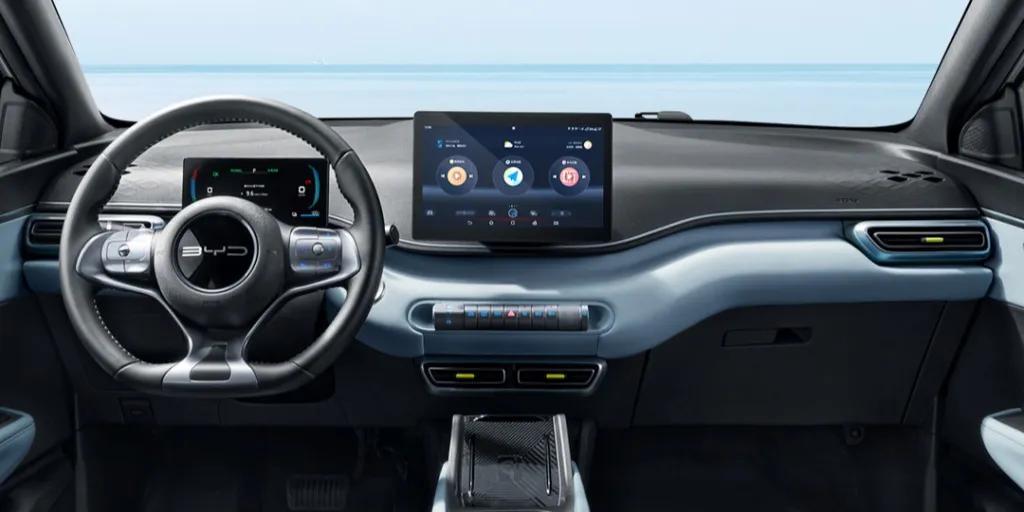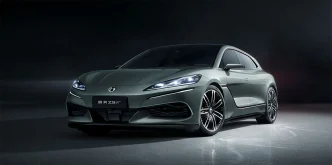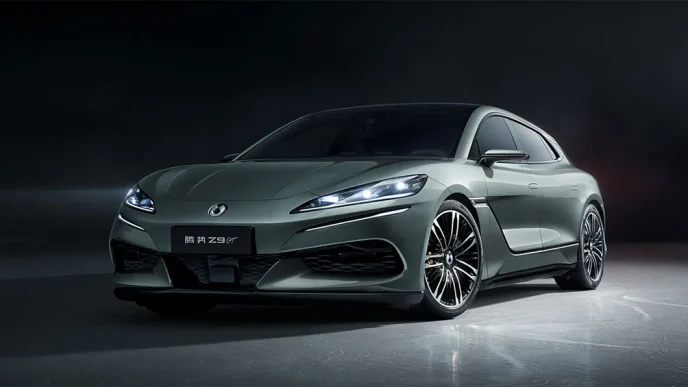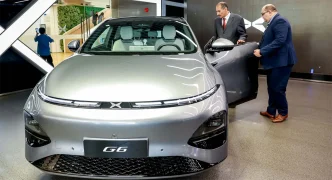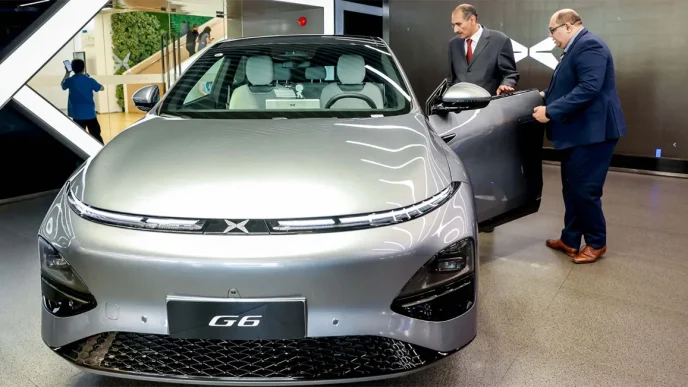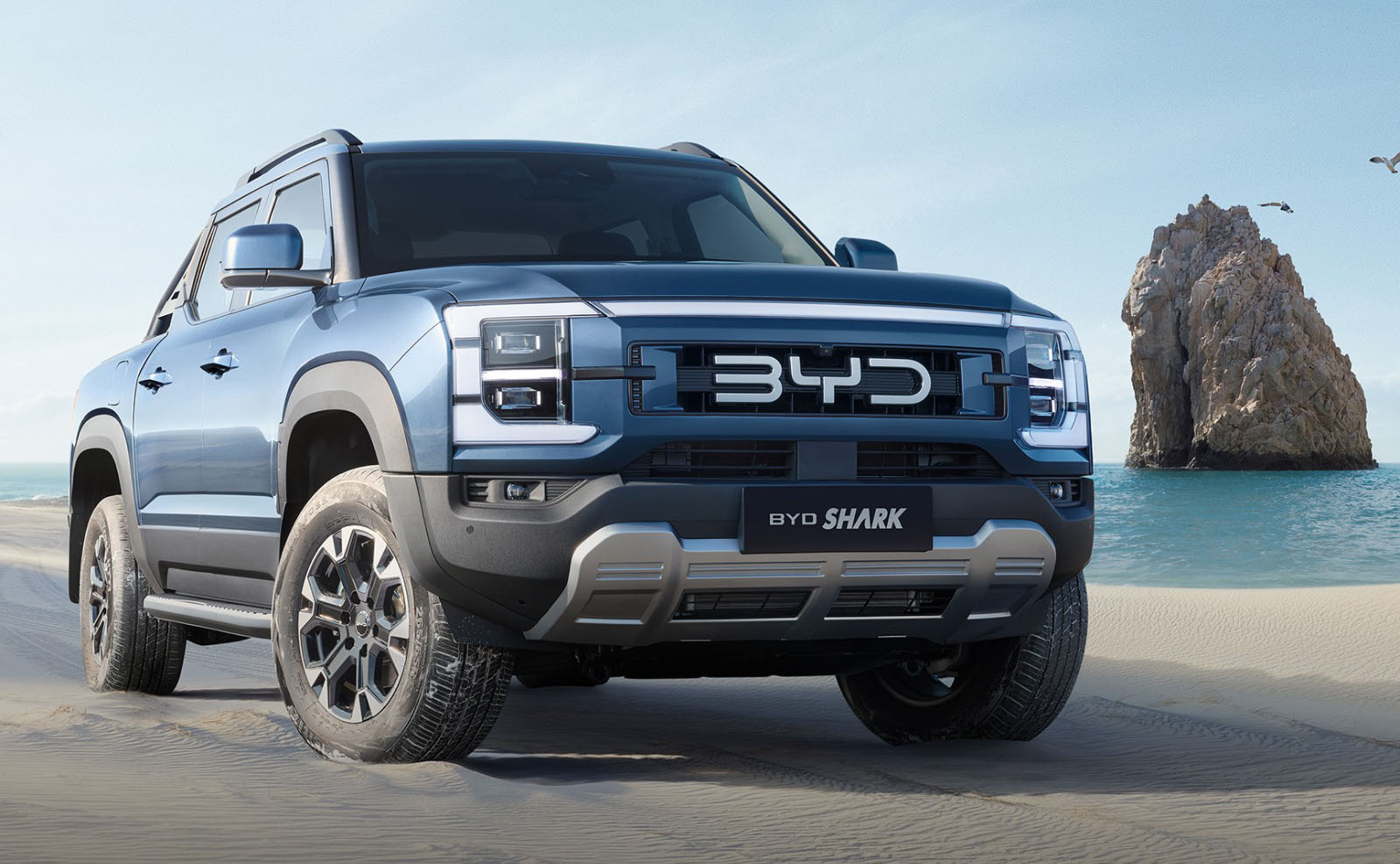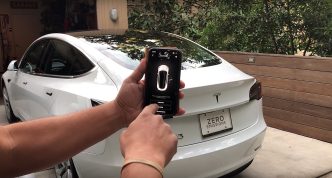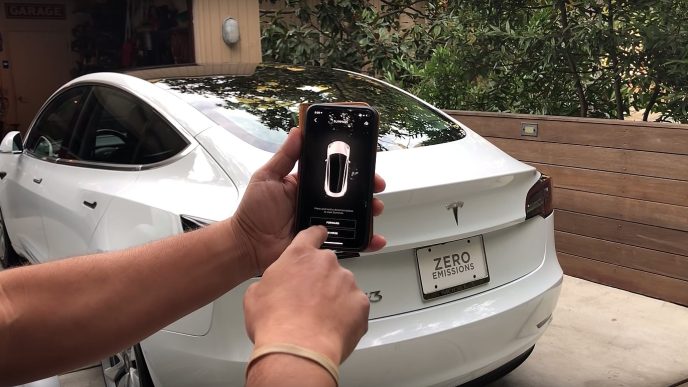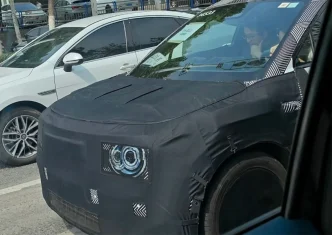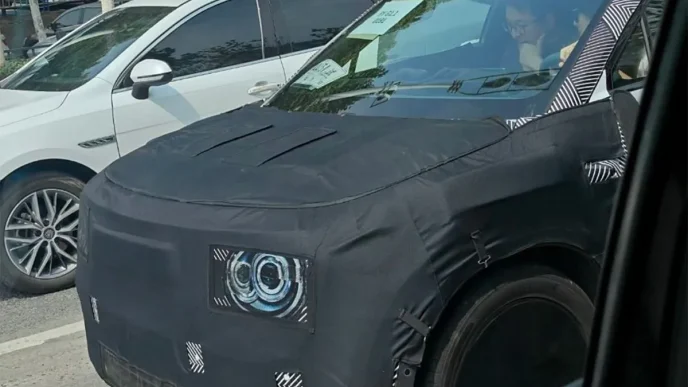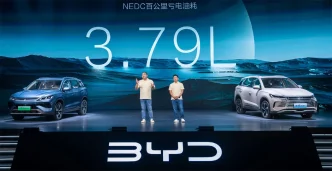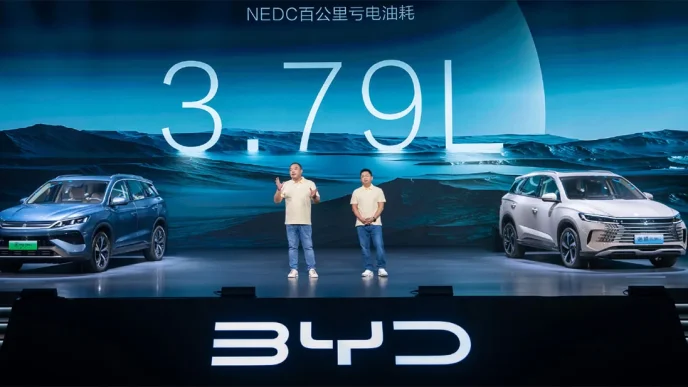The U.S. Commerce Department has proposed a ban on key Chinese software and hardware in connected vehicles, a move that could effectively bar nearly all Chinese cars from entering the U.S. market. This regulation, reported by Reuters, would also require American and other major automakers to eliminate significant Chinese components from vehicles sold in the U.S. over the coming years.
The Biden administration has expressed serious concerns regarding the potential for Chinese companies to collect data on U.S. drivers and infrastructure through connected vehicles. There are fears about foreign manipulation of internet-connected vehicles and navigation systems. An investigation into these potential dangers was ordered by the White House in February.
Under the proposed prohibitions, Chinese automakers would be prevented from testing self-driving cars on U.S. roads. The restrictions would also apply to vehicle software and hardware produced by other foreign adversaries, including Russia. Commerce Secretary Gina Raimondo highlighted the risks, stating that foreign-built vehicle software could enable surveillance or remote control of vehicles, endangering the privacy and safety of American motorists.
This initiative marks a significant escalation in ongoing U.S. restrictions on Chinese vehicles, software, and components. Earlier in the month, the Biden administration implemented steep tariff increases on Chinese imports, including a 100% duty on electric vehicles and additional tariffs on EV batteries and essential minerals.
While few Chinese-made cars or light-duty trucks are currently imported into the U.S., the Commerce Department is acting preemptively to prevent the integration of Chinese or Russian components in the American automotive sector. Raimondo emphasized the importance of addressing these risks before they become widespread.
The proposal would ban software made in China or Russia for vehicles starting in the 2027 model year, while the hardware ban would take effect in the 2030 model year or January 2029. A senior administration official confirmed that the proposal would effectively exclude all existing Chinese light-duty vehicles from the U.S. market but noted that Chinese automakers could seek specific authorizations for exemptions.
The Chinese Embassy in Washington criticized the proposed actions, urging the U.S. to adhere to market principles and create a fair environment for international trade. The Commerce Department is allowing a 30-day public comment period on the proposal, with hopes to finalize it by January 20. The new rules would apply to all on-road vehicles, excluding agricultural or mining vehicles not used on public roads.
The Alliance for Automotive Innovation, representing major automakers like General Motors, Toyota, and Volkswagen, has cautioned that the process of changing hardware and software would require significant time, as connected vehicle technology is developed globally, including in China.

